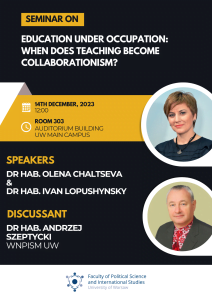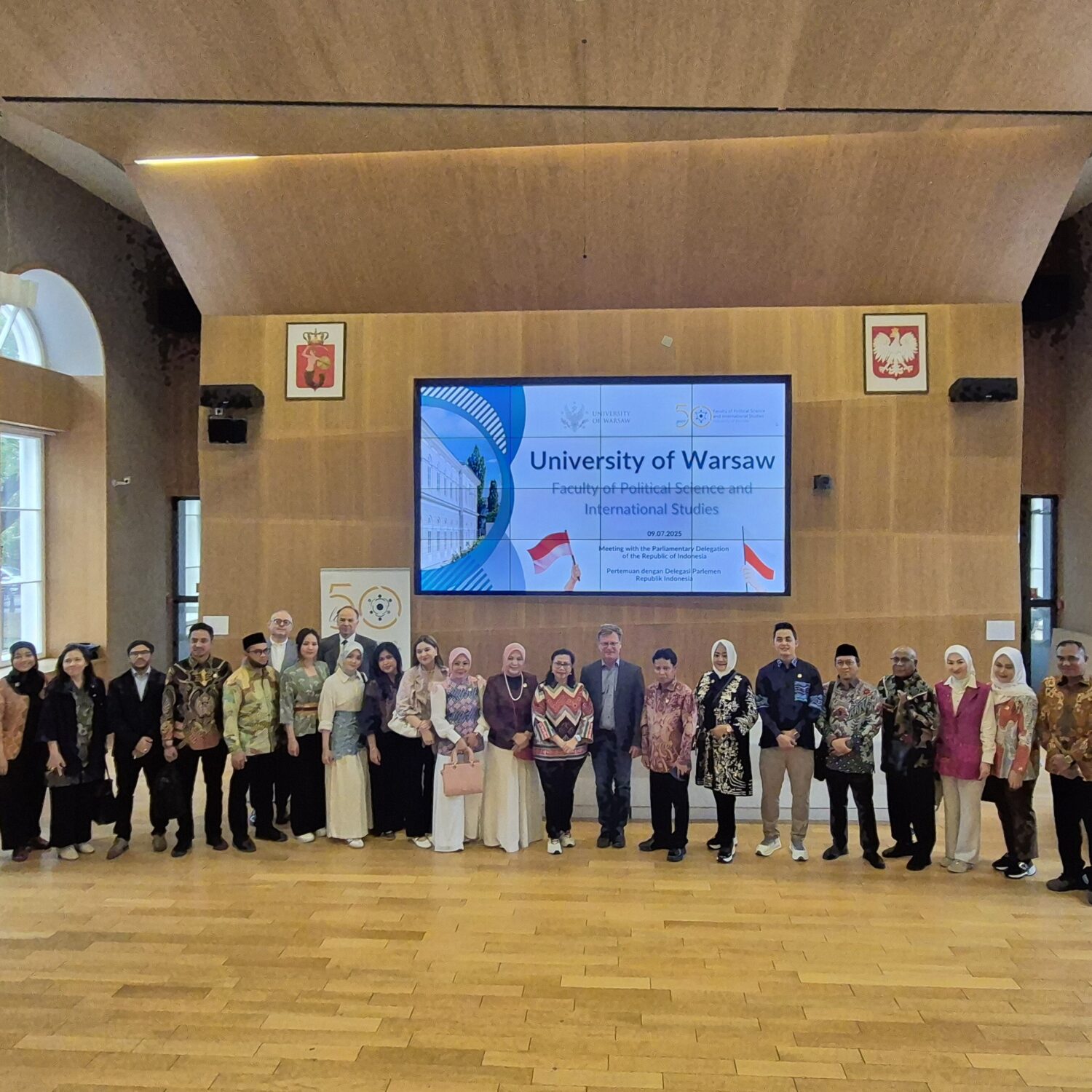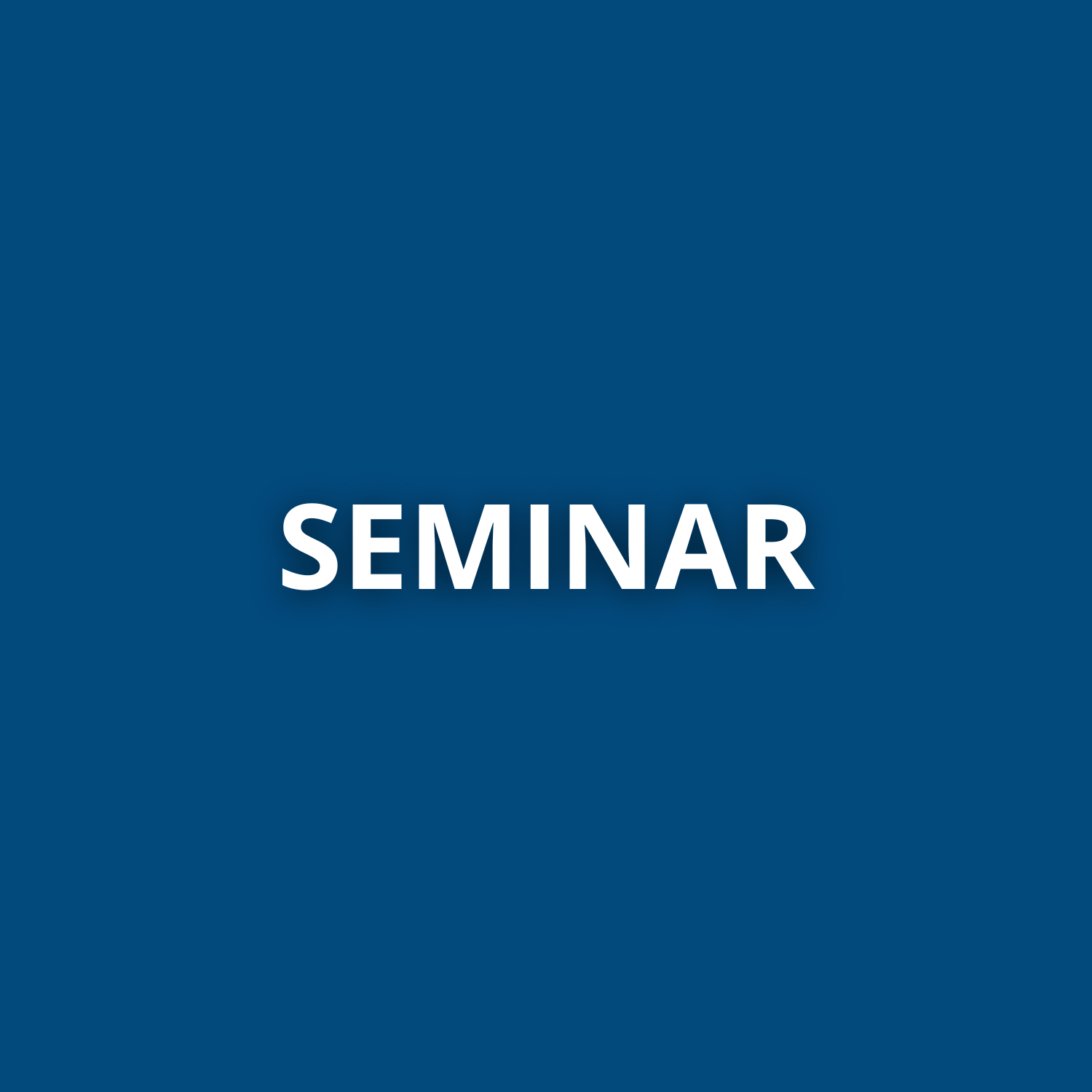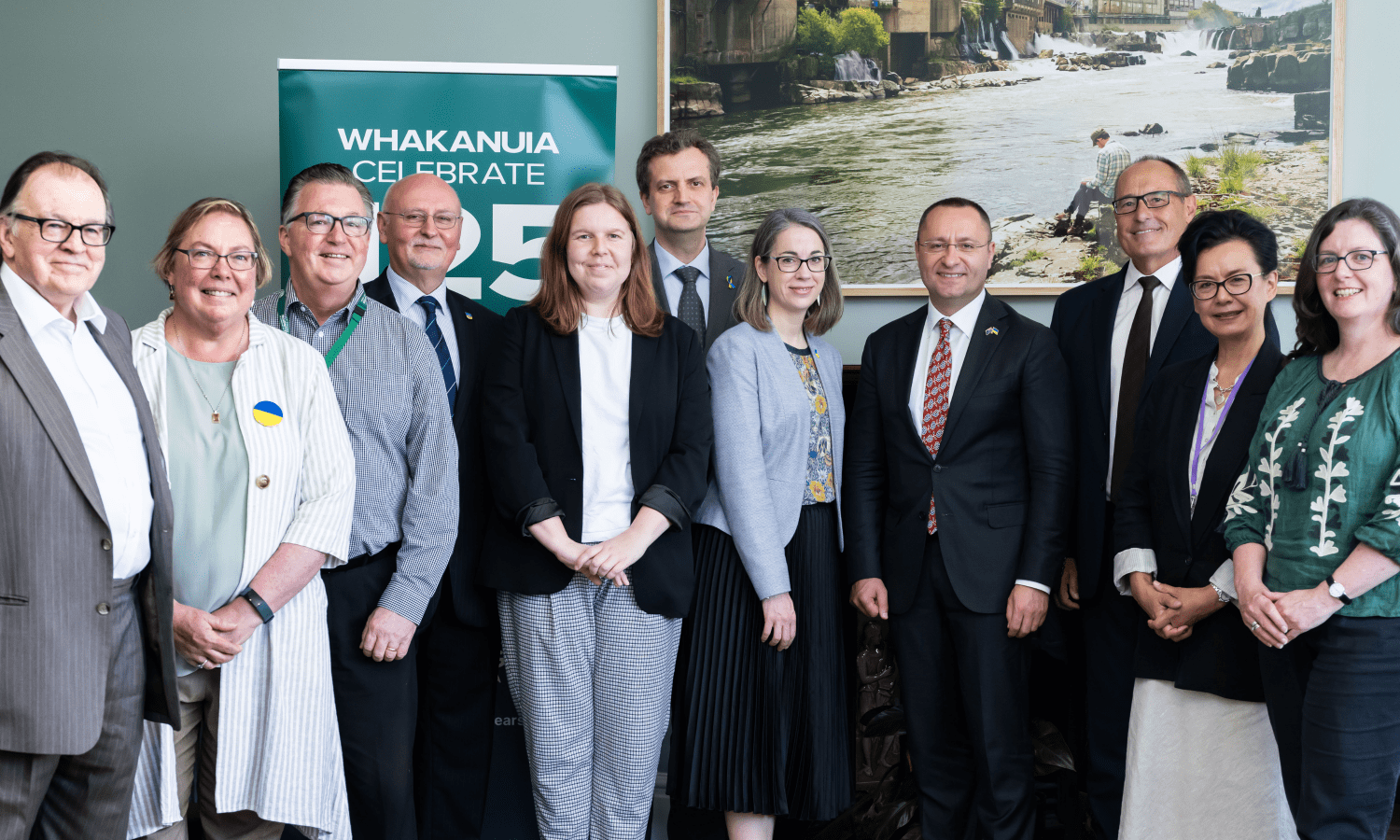Education under occupation: when does teaching become collaborationism? – Seminar

Secure Automated Unified Framework for Exchange (SAUFEX) research project implementation
December 4, 2023
Prof. Gerald Schneider at our Faculty
December 11, 2023
Series of seminars with Ukrainian scholars: The Russian-Ukrainian War in the Socio-Political Life of Ukraine
Seminar I: Education under occupation: when does teaching become collaborationism?
Date, time, and location:
14.12.2023, 12:00 AM, Room 303 (Gmach Audytoryjny WNPiSM, ul. Krakowskie
Przedmieście 26/28)
Olena CHALTSEVA holds a Ph.D. in History and a D.Sc. in Political Science, currently
serving as the Head of the Department of Political Science and Public Administration at
Vasyl’ Stus Donetsk National University in Vinnytsia, Ukraine. In addition to her academic
role, she is an expert in scientific projects for the Ministry of Education of Ukraine and serves
as an accreditation expert at the National Agency for Higher Education Quality Assurance.
Dr. Chaltseva’s research interests encompass public policy, comparative studies, and
international relations.
Collaborationism as a moral, ethical and legal problem
As a country under martial law, Ukraine faces numerous economic, social, cultural, and other
challenges. Unfortunately, the ongoing war has indefinitely postponed the implementation of
promising pre-war reforms. The state is compelled to prioritise urgent issues, diverting
attention from longer-term concerns. Simultaneously, the government and society grapple
with problems that may not demand immediate resolution but significantly impact the
prospects, particularly in the already liberated territories, for reintegrating the de-occupied
part of Ukraine. One such issue is collaborationism. This phenomenon gained prominence in
Ukraine in 2014, and with the outbreak of a full-scale war in 2022, it has become especially
critical. This, in turn, highlights two interrelated problems: moral and legal. Analysing these
issues will enable a more detailed examination of collaboration activities in the occupied
territories, identification of its types, various manifestations of cooperation with the
occupiers, differentiation of social mimicry as a manifestation of the behaviour of the
occupied, and identification of gaps in legislation regarding liability for collaborationism.
Ivan LOPUSHYNSKYI, D.Sc. in Public Administration, is the Acting Head of the
Department of Public Management and Administration at Ivano-Frankivsk National
Technical University of Oil and Gas. He combines academic and civil service expertise and
contributed to the development of state education standards in public administration. Dr.
Lopushynskyi’s academic interests are focused on state language policy, socio-humanitarian
state policies, and development of public service. He holds the Order of Merit (third class)
and is an Honorary Citizen of the Hero City of Kherson.
Teaching under occupation: collaborationism or survival?
With almost a fifth of Ukraine’s territory under occupation, the question arises: will teachers
be criminally liable for continuing to work in educational institutions in the temporarily
occupied territories of Ukraine? As of the end of 2023, dozens of criminal proceedings have
been opened against teachers who collaborated with the occupiers. On the one hand,
Ukrainian educators find themselves in the first risk group, as the Russian occupiers resort to
intimidation, threats, and even imprisonment and abduction to influence them and force them
to carry out their plans. On the other hand, for many teachers under temporary occupation,
the ability to work and receive a salary becomes a matter of survival for them and their
families. The presentation provides an overview of the challenges faced by educators in the
occupied territories of the Kherson region and how occupation authorities are attempting to
exploit education to reinforce their occupation policy.







